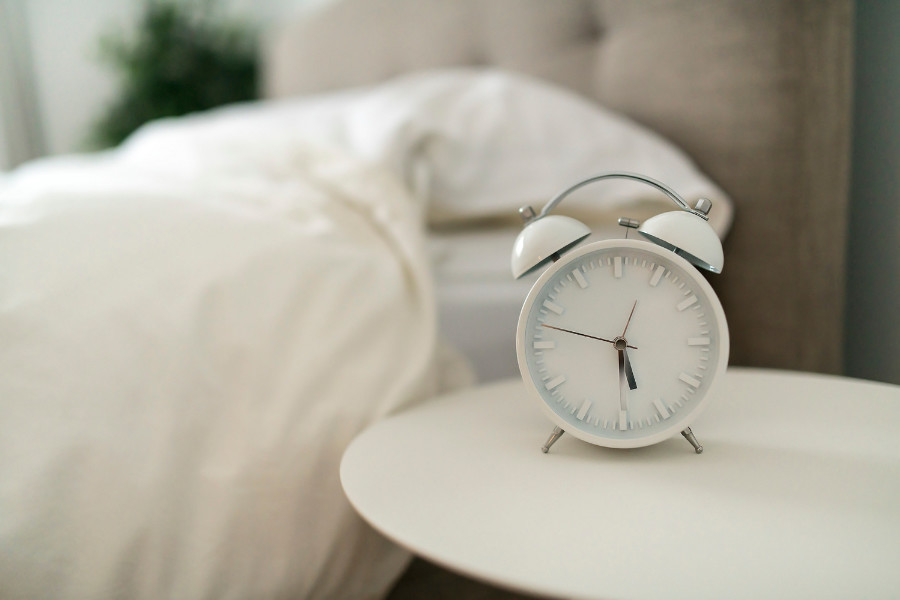
Unlocking Restful Nights through Hormone Balance
A good night's sleep is essential for overall well-being, yet many people struggle with disrupted sleep patterns. Hormone imbalances can be a hidden culprit behind these restless nights. While various factors contribute to sleep difficulties, hormone regulation plays a key role in achieving consistent, restful sleep. Balancing your hormones might be the key to improving your sleep quality and feeling refreshed each morning.
How Hormones Impact Sleep
Hormones such as cortisol, melatonin, and progesterone influence your body's natural sleep-wake cycle. Cortisol, often called the “stress hormone,” helps regulate your body's energy and alertness during the day, while melatonin is responsible for making you feel sleepy at night. Imbalances in these hormones can lead to trouble falling or staying asleep.
For individuals experiencing hormonal fluctuations, such as those related to menopause, andropause, or thyroid issues, balancing these levels can support more restful sleep.
Signs Your Hormones Might Be Affecting Your Sleep
You might be wondering if your sleep issues are linked to hormones. Here are a few signs that could point to hormonal imbalance:
- Difficulty falling asleep or staying asleep
- Waking up frequently during the night
- Feeling tired even after sleeping for several hours
Addressing hormone balance could help alleviate these issues and lead to better rest.
Tips to Support Better Sleep through Hormonal Balance
There are simple lifestyle habits that can help regulate hormones and promote better sleep:
- Maintain a consistent sleep schedule, going to bed and waking up at the same time daily
- Create a relaxing pre-sleep routine, such as reading or meditation
- Avoid caffeine and heavy meals close to bedtime
- Incorporate light exercise into your daily routine
- Stay hydrated, as dehydration can disrupt hormonal function
Balancing hormones with these habits, alongside professional support, can enhance sleep quality and improve your overall energy.
The content in this blog is for informational purposes only and is not a substitute for professional medical advice, diagnosis, or treatment. Always consult your doctor or a qualified healthcare provider before trying new healthcare protocols.



